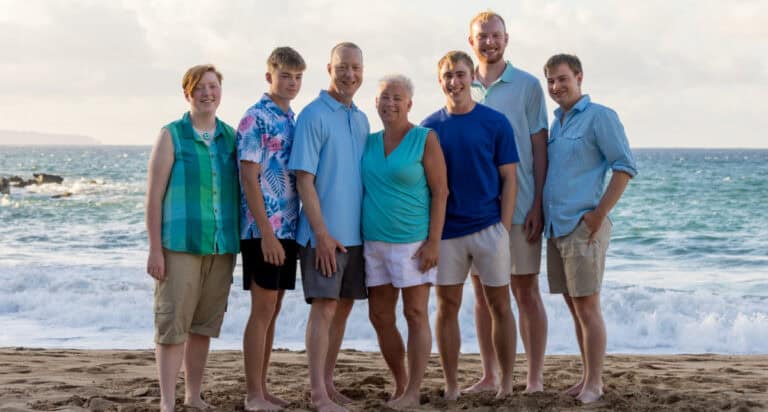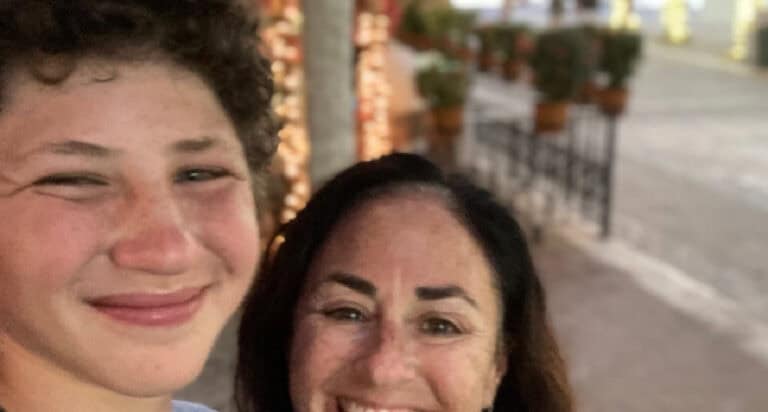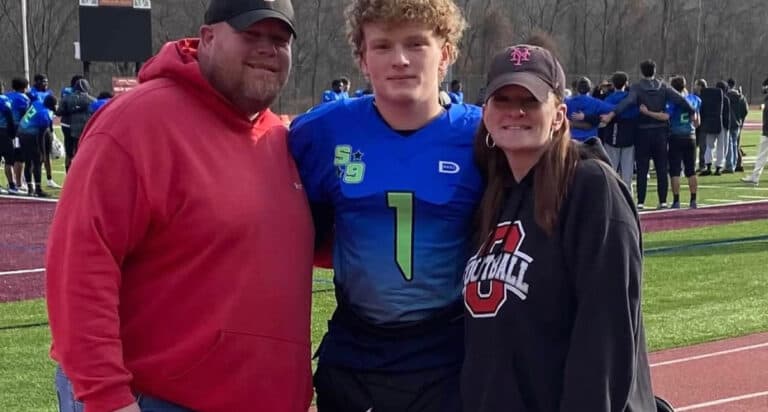
It happened during health class when I was a high school junior. It wasn’t the first time I’d overheard one of the football jocks in the classroom ribbing the kid who occupied the desk in the far back corner.
I’d look over and shake my head in disgust that the trio of football players. It was obvious why they’d chosen those seats. The kid was an easy target. He dressed and styled his hair a little too neatly for some people’s taste. He was funny and likeable and generally gregarious.
But, sometimes, like in health class where he was forced to occupy space with the football players, he retreated into a corner and avoided eye contact. Kept to himself. It was like he was trying to be who he was while also intuiting that doing so could get him hurt.
On that particular day, the most persistent of the jocks wouldn’t leave this boy alone. My heart boomed in my chest and my skin heated. Why won’t the teacher intervene? I heard the football player use the word “fag” and snigger. I looked around the classroom. Why isn’t anyone saying anything? Many shifted in their chairs, their shoulders tense, but everyone’s eyes were averted away from the back corner.
I am not a confrontational person. I hate conflict and avoid it whenever possible. But this kid was being mercilessly bullied and everyone was ignoring it. I knew he was probably gay. I’d thought many times about how painful it must be to be told that what you are is wrong. To be made to feel less-than, or worthless even, based on something you can’t change.
I jumped out of my chair. I barely remember what I screamed. The only words I clearly remember were “even if he is gay, what does it matter to you?” I know I said a few other things to intentionally cut at this guy’s ego. I wanted to make him feel small, to show him how it felt to be reduced.
The whole class gasped and covered their mouths, and the teacher finally stepped in with a Whoa, whoa, let’s all settle down. I guess the final straw for him was the football player getting picked on by a cheerleader. But a few others in the class were already backing me as I launched my tirade. Yeah dude, not cool, or For real, or nodding agreement.
I tell this story to my kids because I want them to understand the impact they can have by speaking up. Most of the other students in that class didn’t want that kid to get picked on. All of us were uncomfortable. All of us, or at least most of us, wanted it to stop. But we were all too afraid to speak up—even me.
When I did finally jump up, it wasn’t something that felt voluntary. It just happened. But I’m glad it did, because it made other people stand up for the kid in the corner too, and after that, the football players left him alone.
Peer pressure and cultural expectation are incredibly powerful things, for everyone, but even more so for teens. A select few can determine what is socially acceptable and what can get you blacklisted, and one misstep can land you in social purgatory.
But kids are literally dying from bullying. Kids are made to feel so small and worthless that they believe death is the less painful option. And even for those who don’t do something as drastic and final as attempting suicide, the hurt inflicted by bullying is a trauma that sticks with them for the rest of their lives. Many kids who bully grow up to be bigger bullies who are intolerant, and who teach their children to follow in their footsteps.
Because here’s the thing: tolerance, acceptance, and inclusion are cultural concepts that depend on the individuals within a culture to lift them up as desirable traits. Tolerance, acceptance, and inclusion don’t just happen. (“Tolerance” is the bare minimum, by the way. Inclusion is the aim.)
Parents must drill the importance of these concepts into our kids. It must be an ongoing topic of conversation. Because if not us, then who? Who will stand up for the little guy in the corner? Who will make the world safe for marginalized people who don’t have the power to make it safe for themselves? We have to, and we have to demand it of our kids, too.
And it’s not enough to tell our kids to “live and let live.” We need to encourage them, as much as they are safely able, to actively contribute to a culture of acceptance and inclusion. It’s necessary because for LGBTQ kids, for girls learning what to expect from the males in their lives, for racial minorities, for those who stand in the margins in any way—it’s not an understatement to say that we are talking about life and death here.
So, I share my upstander story with my kids. I tell them I expect them to do the right thing even when it’s uncomfortable. I never want my kids to be bystanders. Because what I realized that day in health class is that most people don’t agree with the bully. It’s just that most are too afraid to stand up against a bully by themselves.
When a kid tells a racist joke, many might laugh, but they’re laughing because they think they’re supposed to or are afraid of what will happen if they don’t. I want my teen to be the one to say, “What the hell, man, that’s racist and not actually funny,” because chances are, someone else is already thinking it.
If my kid hears someone catcalling a girl, I want him to be the one to say, “Dude, what’s the matter with you? She’s not even looking at you.”
Of course, discretion is necessary. I don’t want my kids to put themselves or others in physical danger. But that’s why these conversations happen often in our household—so we can unpack different scenarios and give our kids the tools they need to be the upstander when they can.
It may be idealistic of me to believe conversations at home can mean big, positive changes in our social fabric, but isn’t home where culture begins? Making the world a better, safer place for all literally starts at home with everyday conversations. And if more parents expect acceptance and inclusion from their kids, maybe when it’s their kid’s turn to be an upstander, their kid won’t be standing up alone.
Related:
Do Cell Phones Bother Everyone In The Classroom? Science Says Yes
What Parents Need to Know About Cyberbullying









